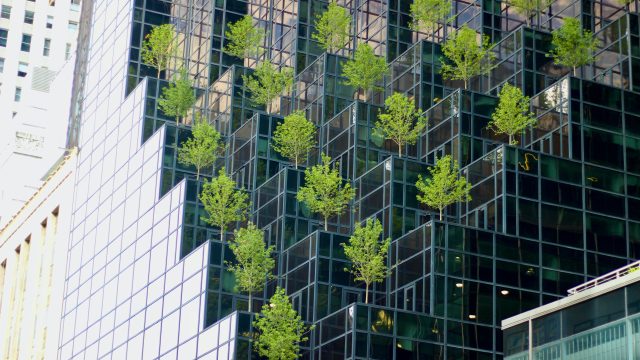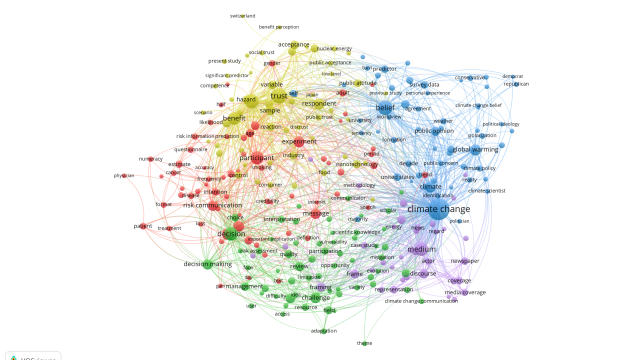Green labels for a green country
“Future proofing the economy - it's a long road but it has to be taken.”

Title: MyHIJAU
Country: Malaysia
Political Partner: GreenTech Malaysia
The continuous development of the MyHIJAU Markis supported by the Deutsche Gesellschaft für Internationale Zusammenarbeit (GIZ) GmbH as part of the global programme “Advance SCP”. Advance SCP is implemented by GIZ and UN Environment in eight countries across Asia, Africa and Latin America on behalf of the German International Climate Initiative (IKI) funded by the German Federal Ministry for the Environment, Nature Conservation and Nuclear Safety. The programme contributes to the One Planet Network – former 10 Year Framework of Programmes on Sustainable Consumption and production (10YFP).
High energy use, wasted resources and pollution: There are enough reasons for Malaysia to opt for a resource-efficient and low-carbon economy. For that, Sustainable Consumption and Production (SCP) patterns are key. However, the lack of recognised labels and standards keeps consumers as well as public administration from making informed decisions when choosing one product or service over another in many countries. The reasons for this are usually missing supporting policies, adequate legal frameworks and requirements, public awareness and adequate eco-labelling systems.
The MyHIJAU Mark is Malaysia’s official green recognition of environmentally sound products and services initiated and endorsed by the Government of Malaysia. The Mark brings together certified green products and services that meet local and international environmental standards under one single mark. The criteria for the Mark have been designed taking into consideration not just health and environmental sustainability but also economic feasibility. They are specifically tailored to conditions in Malaysia to ensure that local products and services can actually comply. Companies, which fulfill the requirements and register their products and services, benefit in turn from diverse government incentives, such as Government Green Procurement (GGP) tenders. GreenTech Malaysia, as a not-for-profit organisation under the purview of the Ministry of Energy, Science, Technology, Environment & Climate Change (MESTECC) of Malaysia, is responsible for the promotion, business advice, verification and monitoring of certified green products and services under the label.
Electric mopeds whirring around the streets of Malaysia are just one example of a certified product. While the vehicles are not yet widely purchased by private companies and private consumers, they are being used in fleets of fast food chains and public authorities, such as the police. Indeed, the state is currently the eco label's biggest advocate. Malaysia has initiated a Government Green Procurement programme in 2013 as the public sector accounts for about 15% of Malaysia’s GDP. Through a lead-by-example from Malaysian authorities, GreenTech Malaysia hopes that the programme would have a trickle-down effect to influence the private sector, creating both supply and demand in the local market.
Outcomes:
- More than 4214 items have been registered under the MyHIJAU label.
- The Government Green Public Procurement (GGP) has been implemented by all 25 Federal Government Ministries including agencies since 2017 and targeting to achieve 20% of GGP by 2020.
Source: Deutsche Welle, Malaysian Business
Further links: Advance SCP Project Description, One Planet Network for the 10YFP


